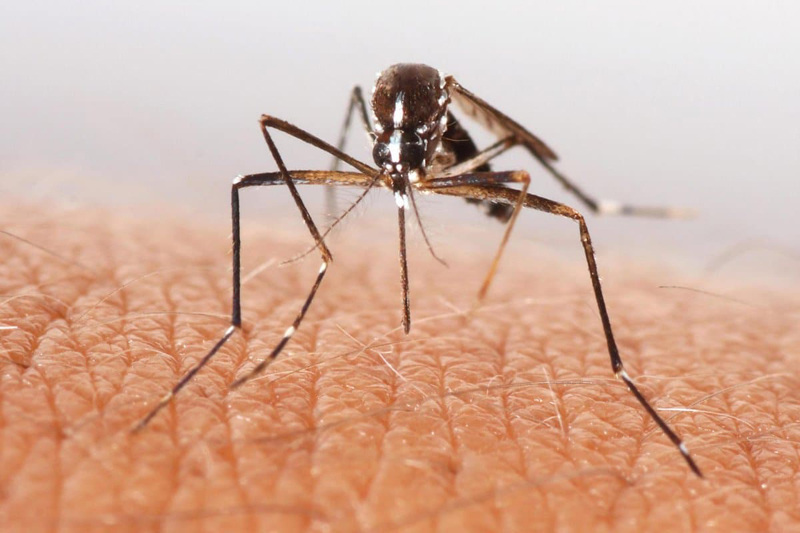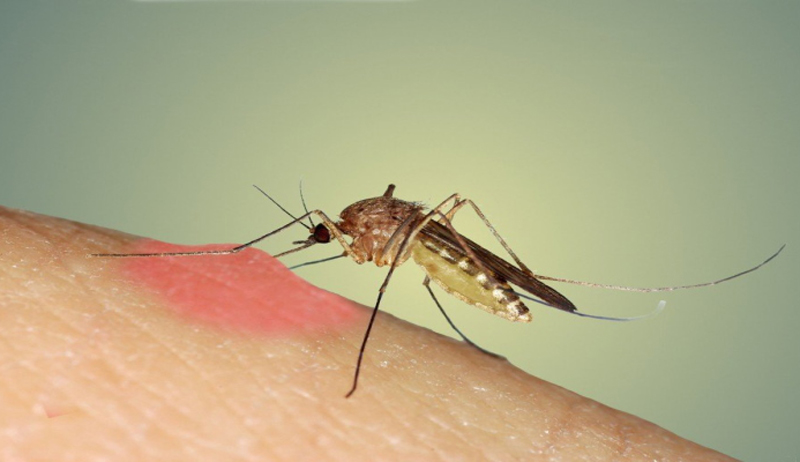In 2024, the United States faced a significant increase in cases of dengue fever, a viral disease transmitted by mosquitoes, which is traditionally found in tropical and subtropical climates around the world

Dengue fever is caused by a virus transmitted through the bites of infected Aedes mosquitoes, mainly Aedes aegypti and Aedes albopictus. The disease manifests as flu-like symptoms that can develop into severe forms, including dengue hemorrhagic fever and dengue shock syndrome, which can be fatal. Typical symptoms include high fever, headache, rash, muscles and joint pains. There is no specific treatment for dengue; the focus is on supportive therapy.
Why in the US?
This year, 2,241 cases of the disease have already been recorded in the US. Primarily, the climatic factor. Rising temperatures and changes in precipitation have allowed Aedes mosquitoes to thrive and expand their geographical boundaries, including more temperate regions of the United States.
The highest number of cases in the continental US have been recorded in Florida, New York, and Massachusetts. However, the majority of cases in the US were recorded in Puerto Rico, where nearly 1,500 cases were reported in 2024. (US travelers also reported a high number of infections—745 cases.) In March, the US territory declared its own public health emergency, while the World Health Organization (WHO) declared an emergency related to the virus last December.
Global travel, which literally dried up after COVID-19, facilitated the spread of dengue viruses from rare regions to the US, leading to localized outbreaks where mosquitoes can transmit the virus from imported cases to local residents.

What to do?
Since dengue is transmitted through pesky flying insects, the best way to prevent infection is to avoid mosquito bites. This can be done by using repellents or wearing loose, long-sleeved clothing.
Dengue outbreaks occur every two to five years. Those planning to travel to Latin America, where, according to CDC data, a record number of cases have been recorded so far, should be especially cautious.
Most doctors treat the symptoms of dengue fever by prescribing acetaminophen or advising patients to stay hydrated. However, there are no special medications to avoid the disease.
There is a dengue vaccine available for children aged 9 to 16 years if they have confirmation of a previous infection or live in a region where dengue is prevalent. Vaccination is recommended for US territories.
The CDC includes freely associated states and six US territories in the list of regions with “frequent or continuous dengue transmission,” including Puerto Rico, American Samoa, and the US Virgin Islands.
Additionally, 197 cases have been reported in Florida, followed by 134 in New York, and 50 in Massachusetts. Infections in these states have been small or sporadic, according to the CDC alert. Virus transmission has also been reported in Arizona and California in the last two years.
Of course, this is not a fatal disease, but it is extremely unpleasant, and Americans should be aware of it. Especially on the eve of summer. As they say, forewarned is forearmed.
Photo: open sources

















